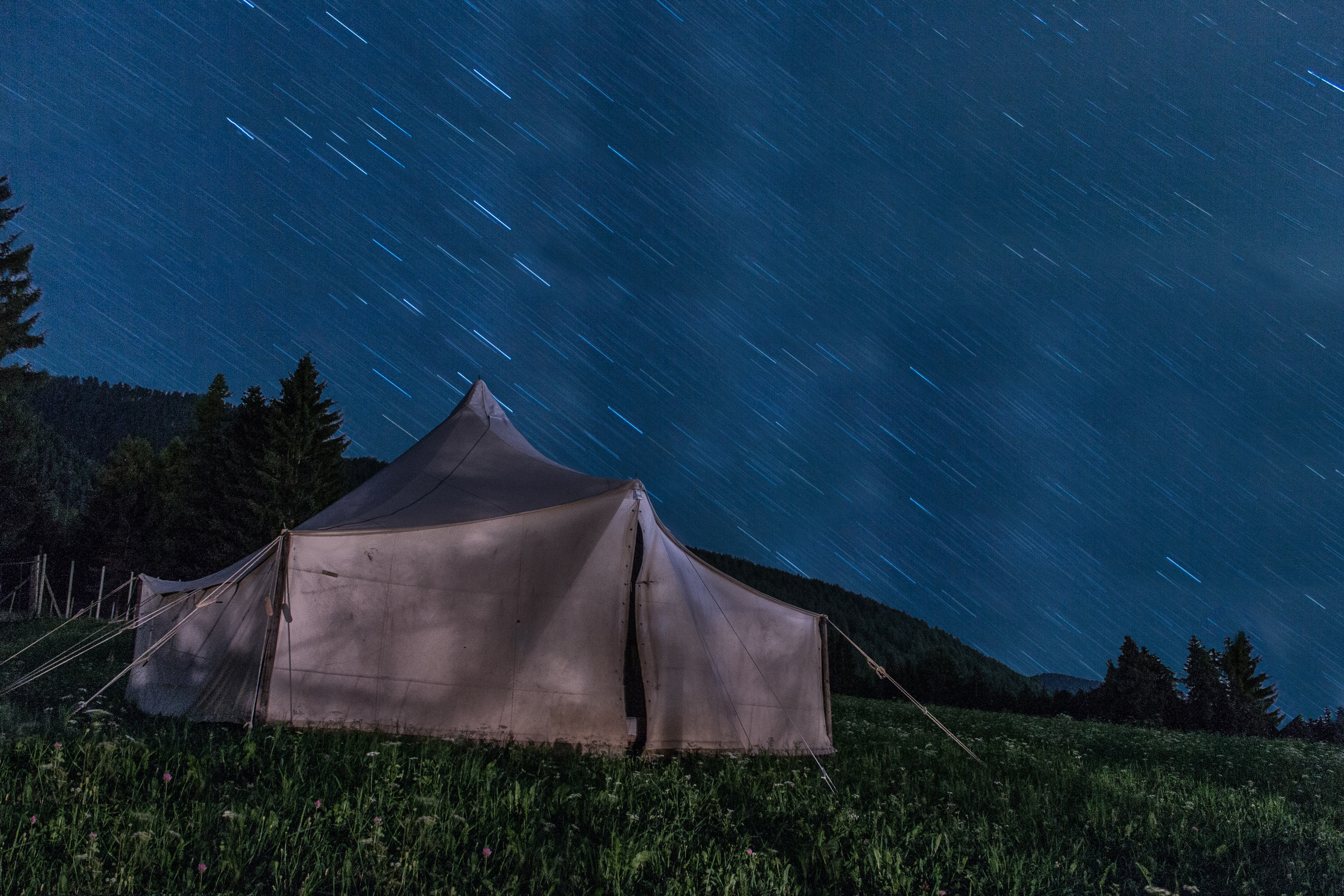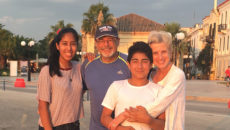Each year at this time, parents ask me, “Can I send my daughter to your heritage camp without me?” I also hear, “Don’t you think we should wait until he’s older?” especially if he’s a toddler. To both questions, I politely respond, “Heck, no!”
In the ten years I have been involved with Colorado Heritage Camps—first as a parent volunteer, now as Executive Director—there are a few things I’ve learned for sure. One is that heritage camp should be a whole-family experience and that the tradition of going should begin about the time the family is formed.
Now, don’t get me wrong. Any kind of heritage camp experience—at any time in your adopted child’s life—is better than no camp at all. In fact, there are many fine culture camps around the country that are kids only. They, of course, accomplish the task of immersing adoptees in various cultures, giving them time with other adoptees, and helping develop that sense of pride and self-esteem that all heritage camps strive for. As a parent, however, I can’t imagine sending my children off to experiences this profound without being there with them.
In other words, heritage camps are not about hobbies or interests, like tennis camp or chess camp or sleep away camp. They are about a child’s very being—who he is and where she comes from. When you send your children to other kinds of camps, they may come home playing better tennis or having learned some fun songs. When they go to heritage camp, they should come home knowing more about their innermost persons, something we as parents can’t facilitate as well as the cultural role models our children meet at camp. Why would you want to miss taking part in that?
One mom made my point for me a couple of years ago at our East Indian Heritage Camp. She told me that her Korean-born son had gone to a kids only culture camp near their home. He loved it, made many friends, and came home proud of being Korean. Then, the mom came to our East Indian Heritage Camp with her Indian-born daughter. Not only did her daughter find new pride in her East Indian heritage, so did she. She was sad to realize that she knew less about being Korean than about being Indian because she had not shared camp with her son.
Bio-siblings have helped me reach the conclusion that camps are family affairs. I’ve seen that ah-hah look on their faces as it hits them; they finally see what it feels like to be the minority in the family or in the neighborhood. My Korean daughter and Indian son have enjoyed each other’s camps as much as their own.
My husband and I are lucky to have both Korean and Indian culture in our lives, through our children and our immersion in each culture each summer. Camp is an invaluable experience for anyone and a true gift for adoptive families. I cannot imagine passing up the opportunity to be immersed in another culture, especially that of my own child.
Having the entire family at camp offers the invaluable chance to learn from other families like our own. The issues faced by adopted children are universal in many ways. At camp, parents can gain the insight to handle most anything.
Its never too early or too late to go to a heritage camp. It will be an invaluable experience for your childand for you—whenever you get there. But do get there, and get there as a family!



